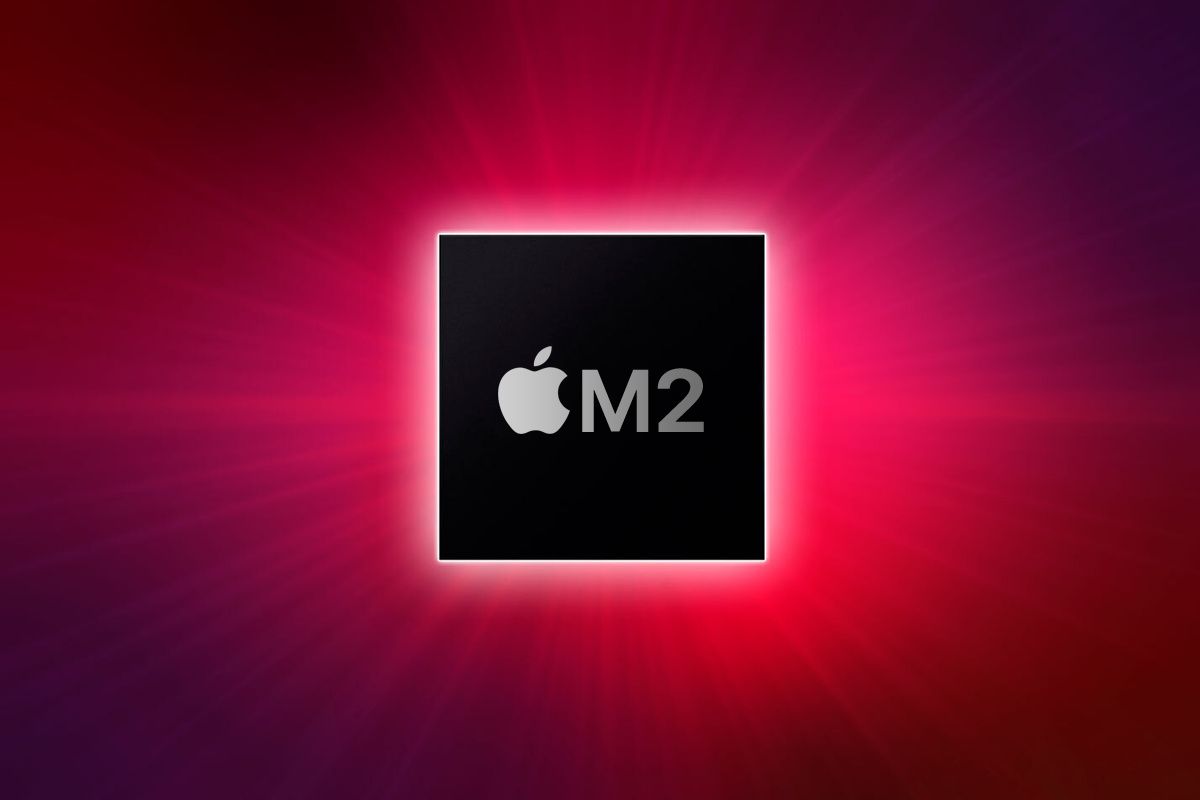Apple's latest chipset, codenamed M2, could get the company closer to relying entirely on its own chipsets in all of its smartphones.

Apple's M1 chip has also found its way into the latest iMac and iPad Pro, in addition to the MacBook and Mac Mini. According to a recent article, the successor to the M1 processor is already in mass production.
According to a recent article from Nikkei Asia, mass development of the new M1 counterpart, dubbed the M2, began this month and will soon be used on next-generation MacBook laptops. The M2 chipset could be used in new MacBooks as early as July this year, according to the article.
The Apple M2 chipset, like the M1, is a system-on-a-chip (SoC) that combines processing units, graphics processing units, and artificial intelligence (AI) accelerators into a single chip. The M2 chip can also be used in Apple devices other than the MacBook, according to the article.
When the M1 chip was first introduced in late 2020, Apple said that it will take two years for the company to finally move away from Intel chips. Apple has taken a step closer to this target with the latest M2 chip. When the transformation is complete, Intel, the largest US microprocessor manufacturer, will suffer a significant setback.
“It is already an unstoppable trend that Apple will finally use only its own chips in its computers....” Since Macs run on Apple's own operating systems rather than Microsoft Windows, they have their own platform and user base, according to the survey. “So far, Apple has made a good debut, and the integrated experience has also been pleasing based on general customers' feedback,” IDC Analyst Joey Yen said.
It's also unclear if Apple's decision would prompt other big brands, such as HP, Dell, and Lenovo, to ditch Intel chips in favour of Qualcomm or MediaTek-designed alternatives.


0 Comments